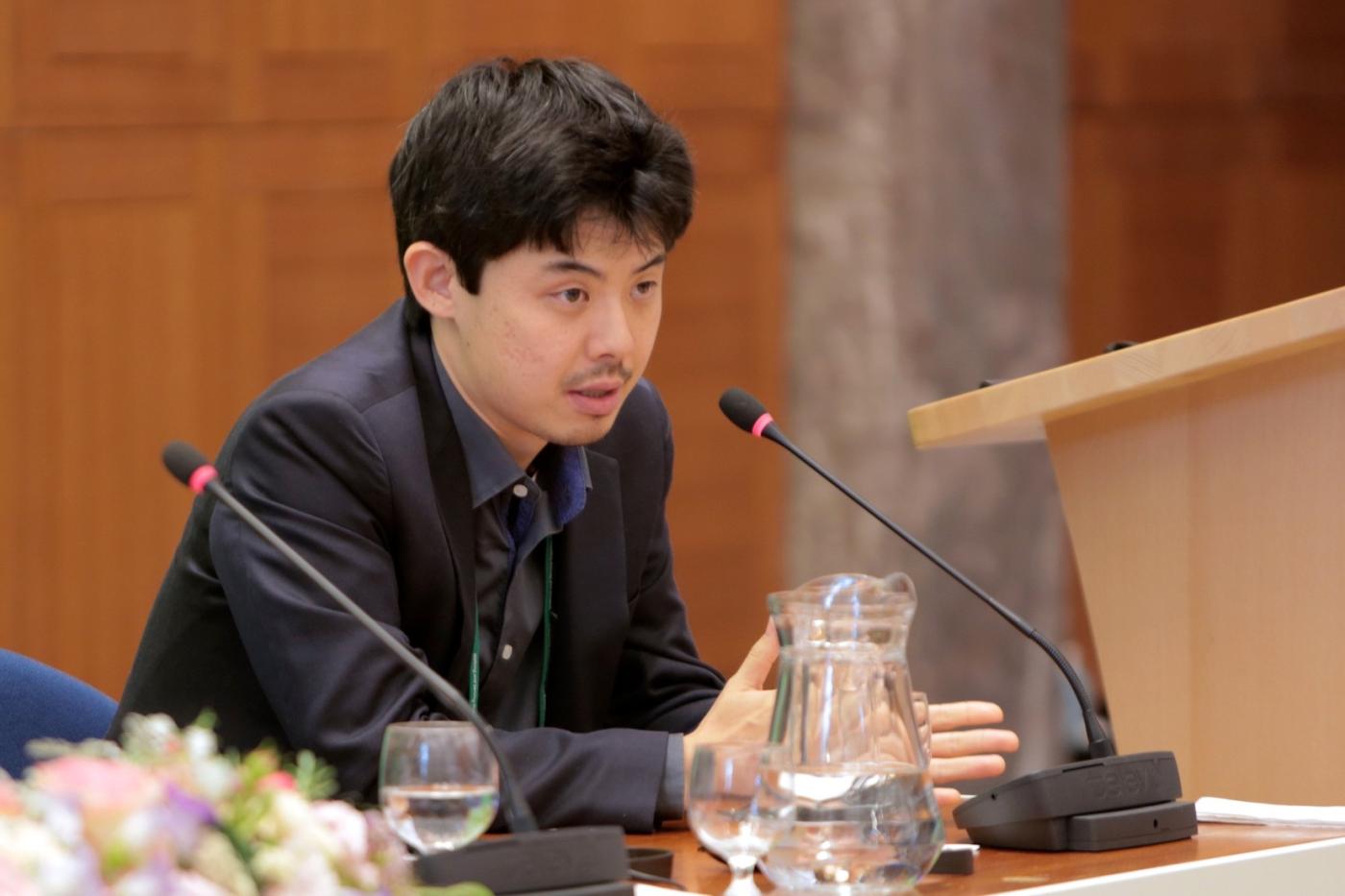Economist Thomas Kang, from Brazil, is a member of the Central Committee of the World Council of Churches (WCC). In this interview for WCC Communication, he reflects on the impacts of COVID-19 on Latin America's largest country and the intersections of divisive politics, ecological destruction and violence.
So far 111,000 people have died from COVID-19 in Brazil. How do you balance feelings of mourning with a demand for justice?
Kang: That's not easy. We still have some hope, but I recently heard the news that someone from my congregation will probably not recover after weeks at the ICU due to COVID-19. My wife is a medical doctor in one of the major hospitals of the state, where the situation has been terrible (to say the least). I keep thinking how many losses could have been avoided if our president and his supporters had taken the pandemic seriously. People living under more deprived conditions (particularly from minority communities like indigenous people) have been particularly more affected by the pandemic. I usually take a more balanced stance in terms of politics, but the president has crossed all limits in my opinion. Unfortunately, engaging people in dialogue has been impossible in the current political mood.
Compared to the other countries, do you think Brazilians are living through an exceptional intersection of fighting a pandemic, divisive politics, ecological destruction, and violence?
Kang: Several parts of the world are facing the pandemic, economic downturn and political polarization simultaneously. The United States would be a good reference, since our current president seems to closely follow Trump's steps (e.g. both minimized the pandemic after the first cases or advertised medicines with no proven efficacy). However, if we add ecological destruction and violence, I cannot think of any other country living through such an intersection. Moreover, Brazil is much poorer than the US, which places us in a vulnerable condition.
Is it simply impossible to balance asking people to stay home to fight COVID-19 and, at the same time, expecting them to survive economically?
Kang: It is impossible if there are no government programs to allow people to stay home. I am glad that the National Congress pushed for a cash emergency program that has reached the most vulnerable despite some failures. Poverty rates (measured solely by income) have even fallen in Brazil during the pandemic. Although the National Congress was the major sponsor of the program (the federal government was reluctant to accept it), this has apparently energized the public opinion in favor of the president in areas where the leftwing parties used to have strong popularity. On the other hand, credit programs for small and medium enterprises have been clearly insufficient. As a consequence, there were massive bankruptcies and a steep rise in unemployment. The destruction of "good jobs" that could have been saved will likely become a hindrance to a fast economic recovery after the pandemic is over.
Has your church reopened? Do you think there is pressure on churches to reopen?
Kang: No, the Evangelical Church of the Lutheran Confession in Brazil has not reopened its temples. Congregations have been suffering with decreasing resources during the pandemic. There has been some pressure to make our churches open, but I think most congregations understood the situation, as the national office and synodic pastors have adopted a common position in favor of keeping the churches closed. Unfortunately, struggles within churches seem to have a direct connection with the current mood in national politics.
Do you have hope for a new economy and a sustainable life and land for people in Brazil?
Kang: Hope is what moves Christians, even when the perspective seems dire in rational terms. The pandemic has been a great tragedy, but I have the hope that good things may also come out from the crisis. Newspapers are not optimistic though: apparently the national government is planning to call off the national decennial census to increase military expenditures in 2021. The National Institute of Spatial Research, an organization that makes important studies to detect environmental degradation in the country, may not receive any resources in 2021. On the other hand, economists and social scientists from several different political backgrounds have been seriously discussing the idea of a permanent basic income program, for example. Given the expected fiscal situation, implementing such a program will face considerable powerful obstacles as it would require spending cuts in other areas. Several complicated struggles are to come, but I hope the country eventually make the right choices in favor of the poor and the environment.
“Only silence can echo our pain” – Brazilian voices hush in solidarity with COVID-19 victims - WCC news release (12 June 2020)
Church leaders of Brazil share concerns about country’s developments - WCC news release (27 August 2019)
